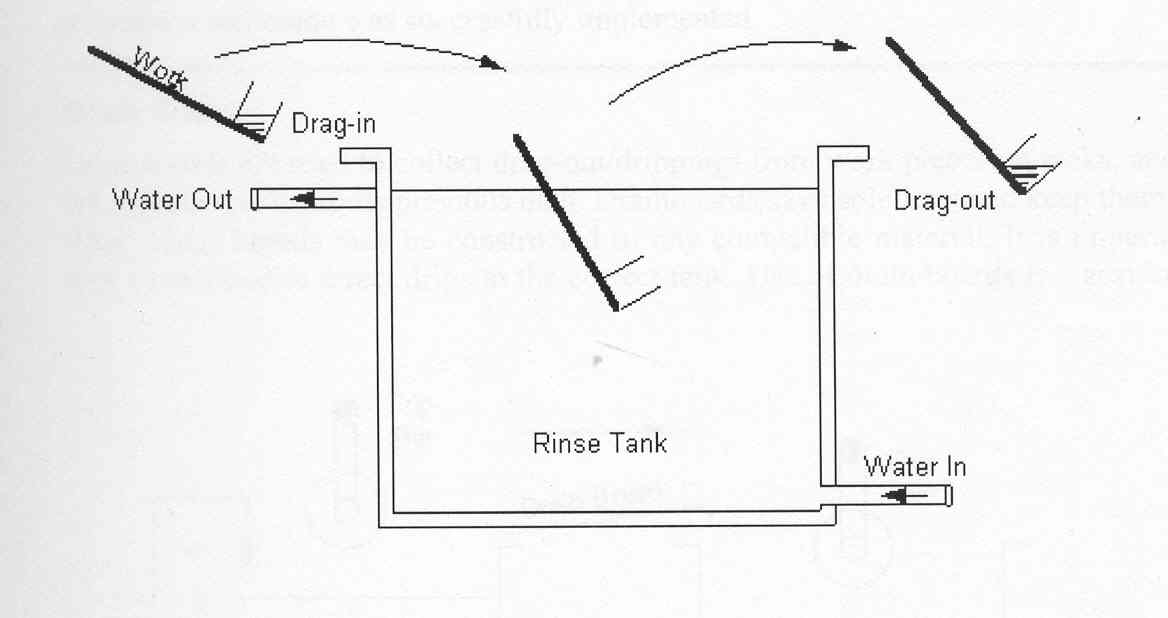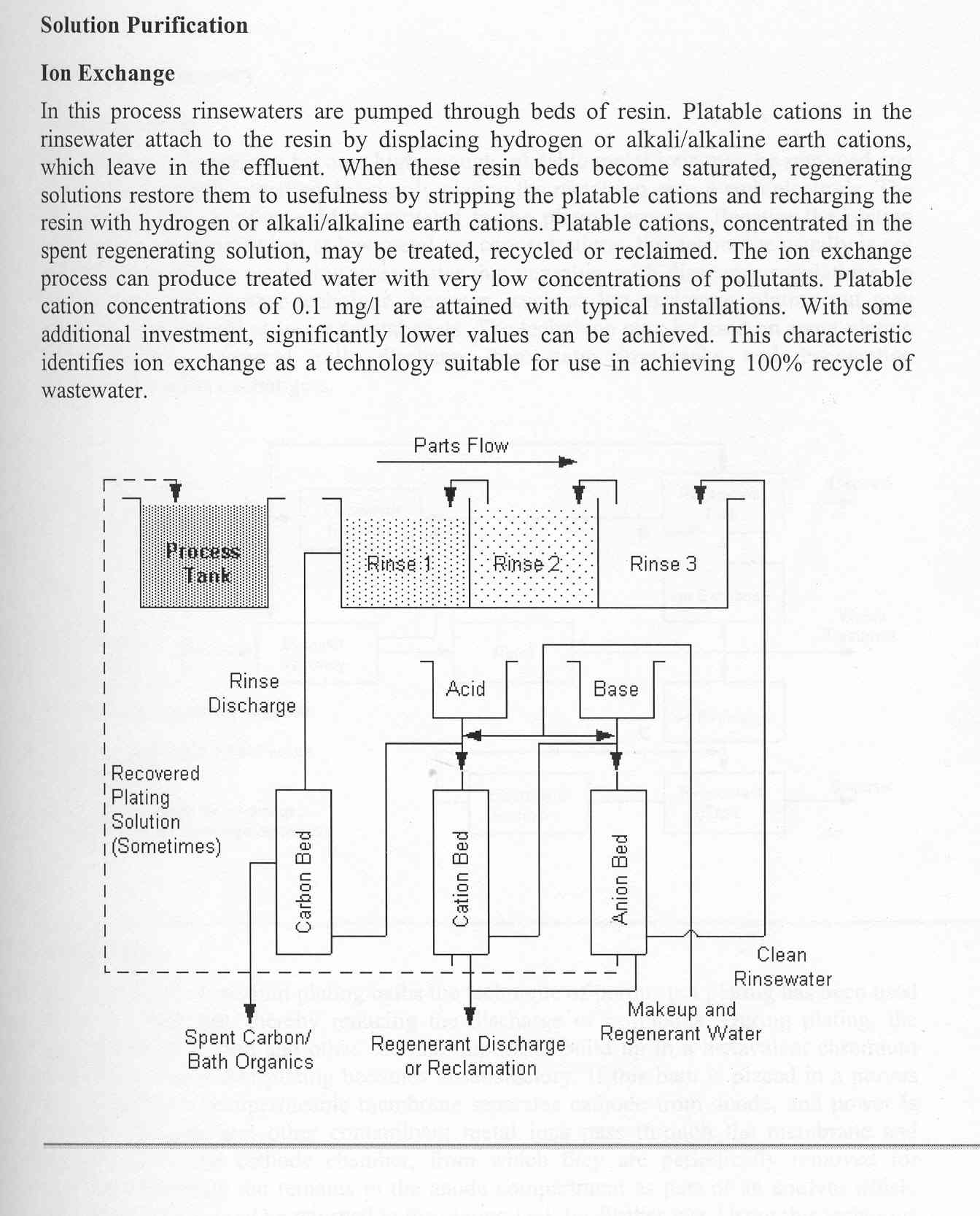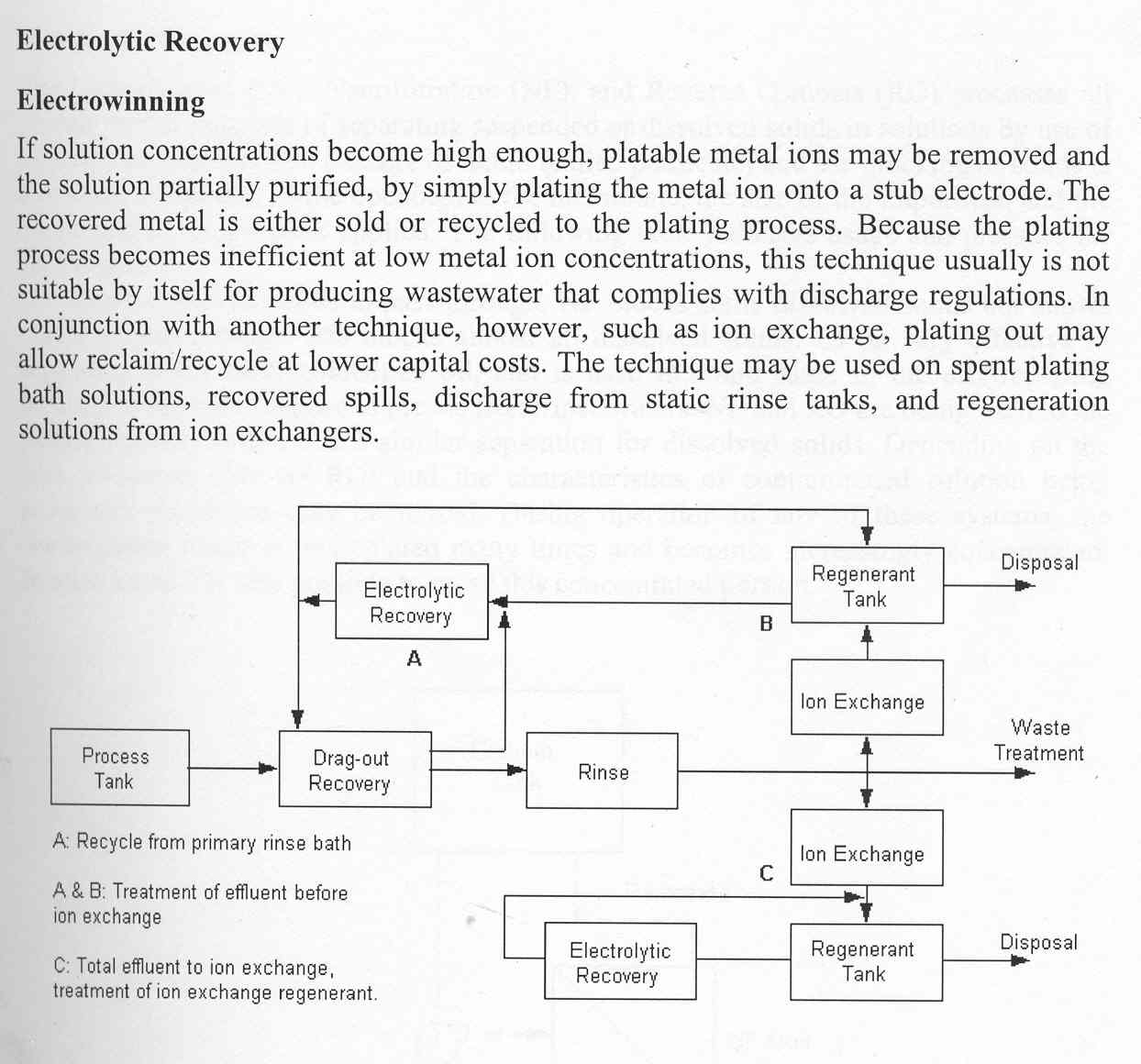Short Description Of Projects
HEAVY METAL POLLUTION DUE TO
ELECTROPLATING INDUSTRIES
Submitted By:
Kapil Lalwani
Nanda G. Saha
Vishal Dhal
Course Instructor: Dr. Amit Ray
Introduction:
Toxic waste contaminates ground water, oil spills destroy shorelines, fossil fuels produce carbon dioxide thus adding to the greenhouse effect, and use of fluorocarbon gasses depletes the earth's protecting ozone layer. The goal of environmental ethics, then, is not to convince us that we should be concerned about the environment -- most of us already are. Instead, environmental ethics focuses on the moral foundation of environmental responsibility, and how far this responsibility extends. There are three distinct theories of moral responsibility to the environment. Although each supports environmental responsibility, their approaches are radically different.
![]() The first of these
theories is anthropocentric, or human centered. Environmental anthropocentrism
is the view that all environmental responsibility is derived from human
interests alone. The assumption here is that only human beings are morally
significant persons and have a direct moral standing. Since the environment is
crucial to human well being and human survival, then we have an indirect duty
towards the environment, that is, a duty that is derived from human interests.
This involves the duty to assure that the earth remains environmentally
hospitable for supporting human life, and that its beauty and resources are
preserved so human life on earth continues to be pleasant.
The first of these
theories is anthropocentric, or human centered. Environmental anthropocentrism
is the view that all environmental responsibility is derived from human
interests alone. The assumption here is that only human beings are morally
significant persons and have a direct moral standing. Since the environment is
crucial to human well being and human survival, then we have an indirect duty
towards the environment, that is, a duty that is derived from human interests.
This involves the duty to assure that the earth remains environmentally
hospitable for supporting human life, and that its beauty and resources are
preserved so human life on earth continues to be pleasant.
![]() A second general approach
to environmental responsibility says that if at least some animals qualify as
morally significant persons, then our responsibility toward the environment also
hinges on the environmental interests of these animals. On this view, then,
environmental responsibility derives from the interest of a morally significant
persons, which includes both humans and at least some animals. Like
anthropocentrism, though, environmental obligation is still indirect.
A second general approach
to environmental responsibility says that if at least some animals qualify as
morally significant persons, then our responsibility toward the environment also
hinges on the environmental interests of these animals. On this view, then,
environmental responsibility derives from the interest of a morally significant
persons, which includes both humans and at least some animals. Like
anthropocentrism, though, environmental obligation is still indirect.
![]() The third and most radical
approach to environmental responsibility, called eco- centrism, maintains that
the environment deserves direct moral consideration, and not one which is merely
derived from human (and animal) interests. The theory suggests that the
environment has direct rights, that it qualifies for moral personhood, that it
is deserving of a direct duty, and that it has inherent worth. Common to all of
these claims is the position that the environment by itself is on a moral par
with humans.
The third and most radical
approach to environmental responsibility, called eco- centrism, maintains that
the environment deserves direct moral consideration, and not one which is merely
derived from human (and animal) interests. The theory suggests that the
environment has direct rights, that it qualifies for moral personhood, that it
is deserving of a direct duty, and that it has inherent worth. Common to all of
these claims is the position that the environment by itself is on a moral par
with humans.
However, at this stage eco-centrism is irrelevant to the entire normative process. For, the eco-centric and anthropocentric approaches will produce exactly the same list of prioritized environmental duties, and will resolve duties between human-centered and environment-centered duties with exactly the same outcome. Although eco-centrism fails as a normative theory, eco-centrism may have merit as a way of expressing emotional outrage at environmental damage and demanding change. .



SOLUTIONS:
To reduce pollution.
![]() Train employee in
chemical handling and procedure
Train employee in
chemical handling and procedure
![]() Consider replacing
hazardous non-hazardous alternatives.
Consider replacing
hazardous non-hazardous alternatives.
![]() Install a solution
recycling system.
Install a solution
recycling system.
![]() Reduce
drag out and spilling by reducing the speed of parts lifted from plating tanks.
Reduce
drag out and spilling by reducing the speed of parts lifted from plating tanks.
![]() Consider replacing aqueous
plating with ion vapour deposition. .
Consider replacing aqueous
plating with ion vapour deposition. .
![]() Change copper-bright
dipping.from a cyanide dip and chromic acid dip & a sulphuric acid/hydrogen
peroxide dip.
Change copper-bright
dipping.from a cyanide dip and chromic acid dip & a sulphuric acid/hydrogen
peroxide dip.
Conclusion
This project after successful implementation will be a mile stone towards better hygiene of the city.